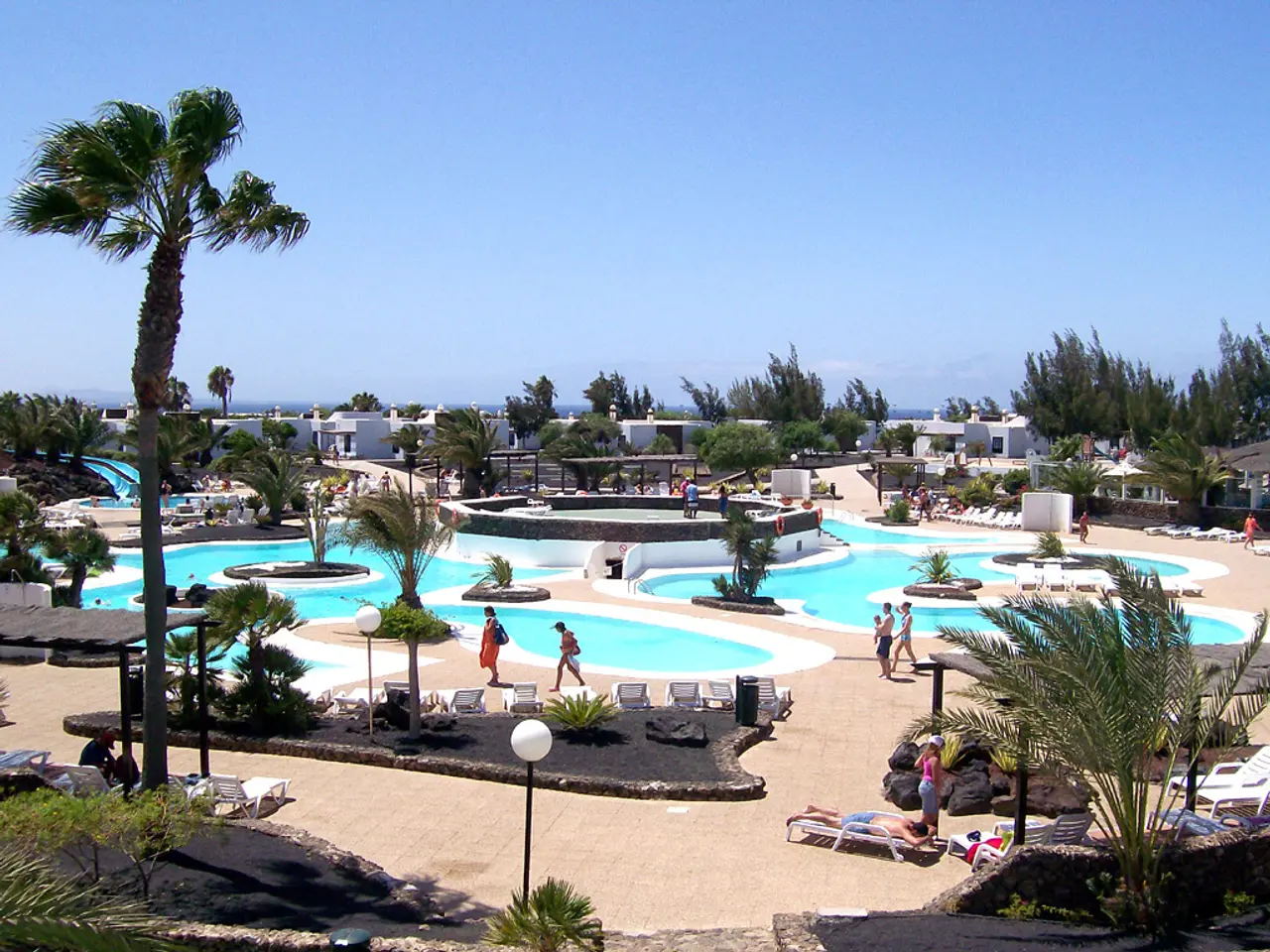Thirteen municipalities, among which are two affiliated with the PSOE, express their dissatisfaction to Europe, claiming that the government is obstructing their right to vote on a report concerning wolves.
The Spanish autonomous communities and cities of Ceuta and Melilla have requested an urgent meeting with the European Commission, expressing concern over a "unique situation" of "extreme gravity" regarding the protection of the wolf in Spain. This dispute has been ongoing since 2021, with the communities claiming that the cancellation of a meeting to evaluate the six-year reports on the wolf and other species is not justified.
The European Commission, the Spanish government, and the autonomous communities have been at odds over differing views on the wolf's protection status and management policies within Spain. While the EU downgraded the wolf from strictly protected to just protected as of 14 July 2025, allowing member states more flexibility in managing wolf populations, Spain's internal political and administrative divisions have complicated unified action and reporting.
The ongoing disagreements stem from conflicts over conservation priorities, regional economic interests, and the legal interpretation of the wolf's protection status under EU law. The autonomous communities, which have competencies over environmental and wildlife management, have different approaches and interests regarding wolf conservation and culling.
The report's current status is that it remains pending due to these multi-level governance disputes and the complexity of harmonizing conservation policy across Spain and the EU framework. If the text that Spain sends to the EU indicates that the conservation of the canine (wolf) is in an unfavorable situation, lethal controls of the species will not be able to be carried out.
The regions have requested an extraordinary sectorial conference to address "a series of points of extreme urgency." The communities that signed the letter are governed by the PP, PSOE, and include Galicia, Andalusia, Asturias, Cantabria, La Rioja, Murcia, Valencia, Aragon, Navarre, Extremadura, the Balearic Islands, Madrid, Castile and León, Ceuta, and Melilla. They have also requested a meeting with European Commissioner for the Environment, Jessika Roswell.
In a recent development, the Ministry for the Ecological Transition and Demographic Challenge (MITECO) has requested an extension of the deadline for submitting the six-yearly reports related to Article 17 of the Habitats Directive. The Commission informed Member States in June that it would accept small delays in the presentation of data due to technical difficulties with the new reporting system of the European Environment Agency (EEA). The initial deadline for submitting these reports was July 31.
MITECO has also stated that they requested a delay in delivering the reports a few days ago. However, the communities have expressed their dissatisfaction with the fact that they have not yet voted in the sectorial conference on a six-year report on the wolf that the central government must submit to Brussels.
The reports related to birds, framed within Article 12 of the Birds Directive, are being sent. The report to be submitted in accordance with the Sectoral Conference is that of the autonomous communities of Galicia, Castilla y León, Asturias, and Cantabria, not the report from MITECO.
The third vice-president and minister in charge, Sara Aagesen, has reiterated that the said sectorial conference will not be convened, resulting in a situation where the autonomous communities will not have voted in favor of a report that the central government plans to submit anyway. The communities consider this a "breach" in the rule of law, a "flagrant violation" of the principle of co-governance, and a "deep defenselessness" for the autonomous institutions themselves.
[1] Source: European Network for Information and Observation of the Environment (Eionet)
- The ongoing conflict over the protection of wolves in Spain involves not only the Spanish government but also EU Policy-and-Legislation, as the European Commission and various autonomous communities have differing views on the matter, leading to Justice-and-Crime concerns due to the breach of the rule of law and the prinicipal violations of co-governance.
- The issue of wolf protection has been positioned as a General-News topic due to its significant impact on conservation and the complex relationships between the Spanish autonomous communities, MITECO, and the European Commission, all of which are directly involved in War-and-Conflicts over conservation priorities, regional economic interests, and legal interpretations.
- Beyond the wolf, Politics within Spain is affected as the autonomous communities have expressed dissatisfaction over issues such as the delayed voting in sectorial conferences for various species' six-year reports, including those framed within Article 12 of the Birds Directive, further complicating Policy-and-Legislation on environmental and wildlife management.








